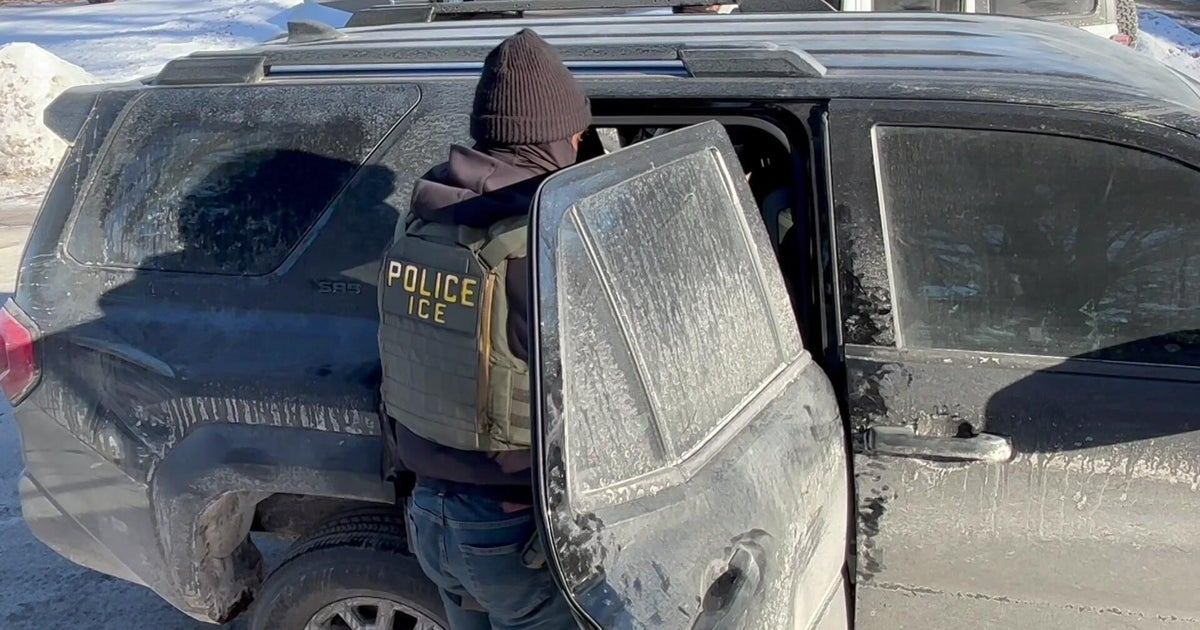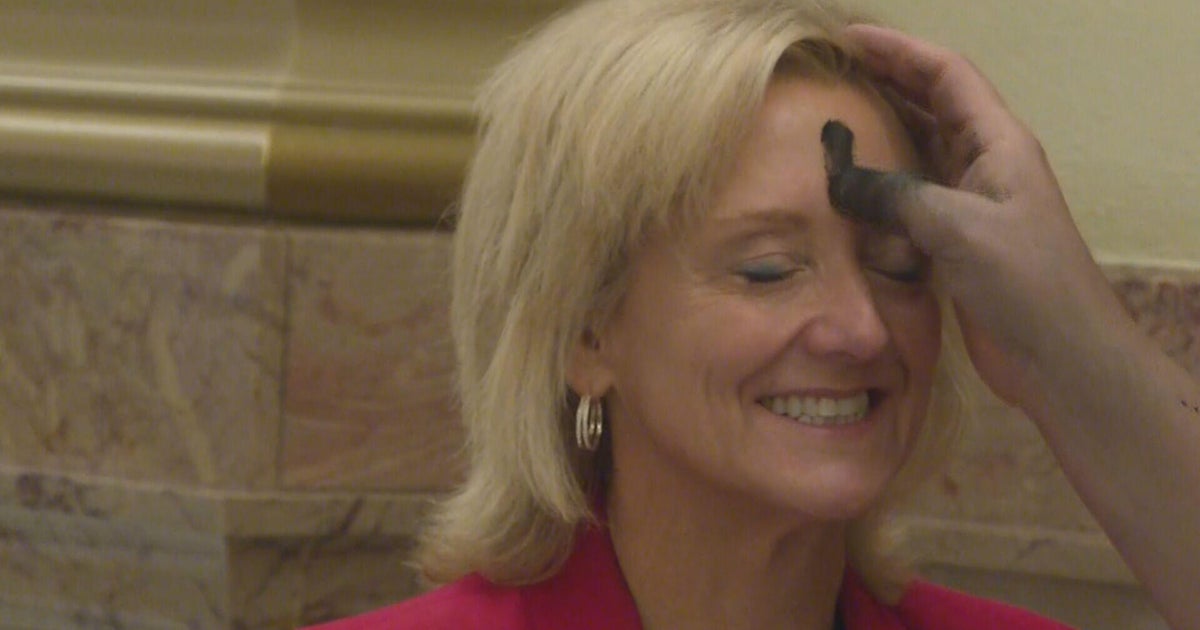At Minn. Capitol, Ideas Aplenty To Help Veterans
ST. PAUL, Minn. (AP) — Since Ken Tuttle lost his job in November, his days have settled into a familiar pattern: check online for job leads, visit businesses to see if they're hiring. The 28-year-old Army reservist has been down this road before after going through four jobs in the past four years in his hometown of Willmar.
It's been frustrating enough that Tuttle, who has worked as a security guard and gas station manager, even started a resource group to help educate other veterans in his situation.
"When I lost my job working security, the fourth application that went through and I had no response back, I said I'll continue looking, but I'm going to start my own thing," Tuttle said. "As long as I'm being productive and helping people it definitely alleviates a lot of the stress of not being able to find a job."
With the Minnesota National Guard bracing for the end of its largest troop deployment since the Sept. 11 attacks, state lawmakers are considering a bevy of proposals to boost job creation for veterans like Tuttle. Legislation would give employers tax credits for hiring or rehiring veterans, permit a hiring preference for veterans and set aside some contracts for veteran-owned businesses. But with a tight state budget, some fear legislation to benefit veterans may not pass.
Over 2,700 National Guard troops are expected to return to Minnesota by late spring, the biggest part of a return home that will include smaller numbers from the other service branches. They will add to a state population of military veterans that already suffers from unemployment of more than 12 percent, more than twice the rate of the general population.
"A lot of the entry-level professional positions that these young men and women would look for never opened up with the downturn in the economy," said Jim Finley, director of veterans employment services for the state Department of Employment and Economic Development.
Finley's agency surveyed Guard members currently serving in Kuwait and found 19 percent reported that they wanted at least some help finding a job when they return.
Legislators are looking at a number of ways to do that.
Some ideas, such as allowing private employers to give preference to veterans when hiring, have been a staple in legislatures for years, according to the National Conference of State Legislatures.
The contract set-aside is also a familiar idea. One would require the Department of Transportation to give a certain percentage of contracting bids to veteran-owned businesses. The other would allow counties to create a bid preference program.
But the state is also hopping on a trendier job-creation bandwagon: the employer tax credit. The NCSL says some type of incentive program for hiring veterans is under consideration in 20 states.
Two bills in Minnesota would give employers a credit ranging from $2,400 to $9,600 for hiring a veteran, and a $10,000 credit for rehiring a veteran they employed previously.
Gov. Mark Dayton has a $35 million proposal to grant a $3,000 tax credit to employers hiring any previously unemployed worker, veteran or recent college graduate. But Rep. Kurt Bills, R-Rosemount, who is sponsoring the tax credit for new veteran hires, said Dayton's proposal is too broad.
"I wouldn't really be that thrilled about a credit to hire just anyone, because I don't know if that will create the intended consequences," Bills said.
The NCSL says that where the tax credits have run into problems passing, the reason has been predictable: Concern about paying for them.
Bills said he expects to get questions about funding, but he believes such a credit would ultimately save money by keeping veterans from slipping into government support programs.
"If veterans go back to work and feel that worth, we obviously save money in the long run because they aren't suffering with various other difficulties," Bills said.
Don Sinnwell, a real estate broker from Rosemount, testified in favor of Bills' employer tax credit legislation at a hearing earlier in the week. Sinnwell doesn't employ any veterans now, but he said a tax credit might be the boost to do so.
"I have to look at my return on investment," Sinnwell said. "It's really important especially for small businesses...we just don't have those resources."
Over 100 service members gathered Wednesday for a veterans' "Day on the Hill" event at the Capitol, where they were urged to talk to legislators about veteran job creation, among other efforts. Dayton addressed the group and said he would try to support anything that creates business incentives.
A number of veterans at the Capitol, including Tuttle, said veterans possess skills through military training that could be an asset to businesses. Now, Tuttle said, veterans need to be empowered to use those skills in landing civilian jobs.
"You have post-9/11 service members that have a unique set of qualities," Tuttle said. "A lot the service members ... we know how to be flexible, we know how to adapt and overcome."
(© Copyright 2012 The Associated Press. All Rights Reserved. This material may not be published, broadcast, rewritten or redistributed.)







